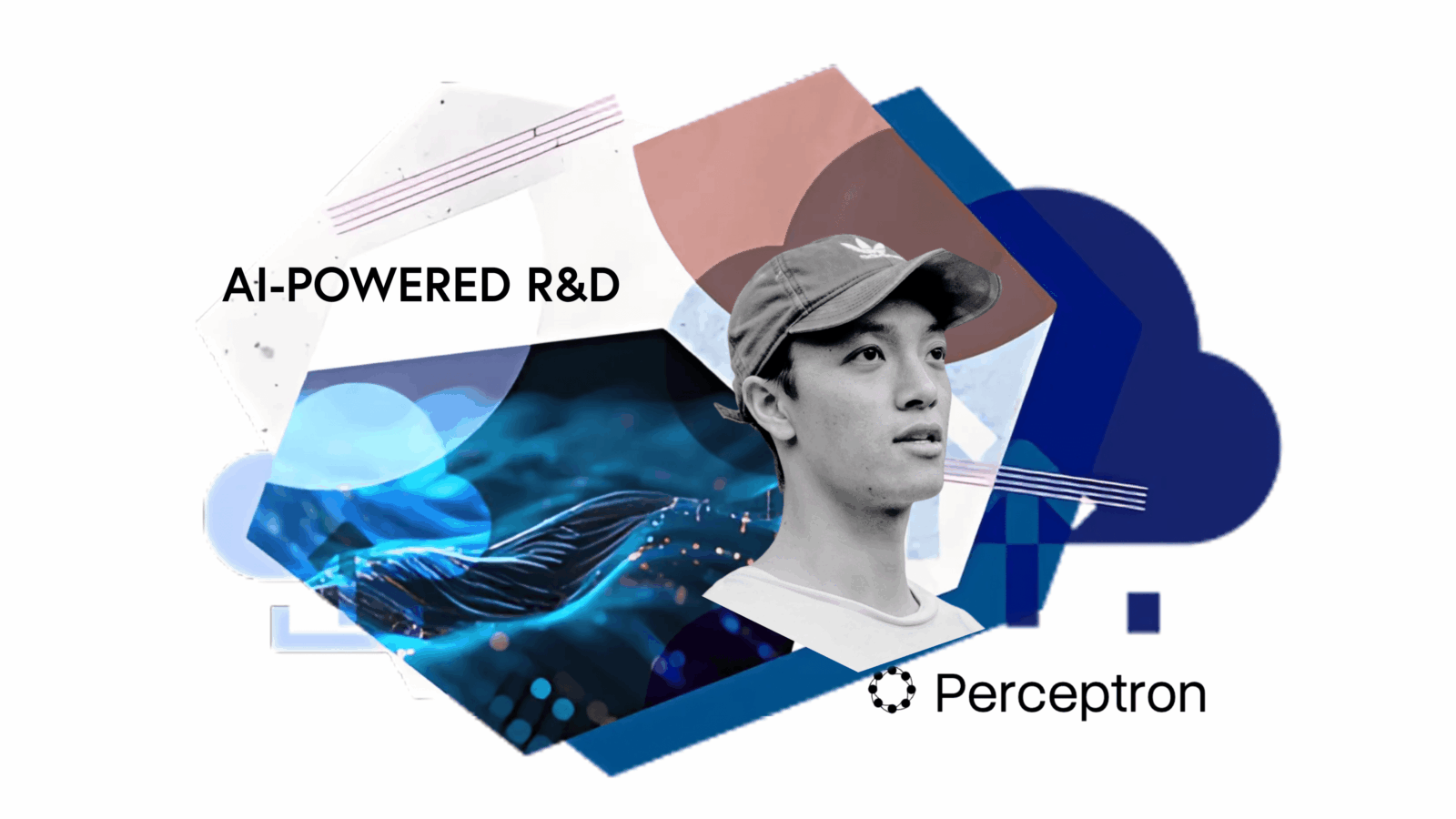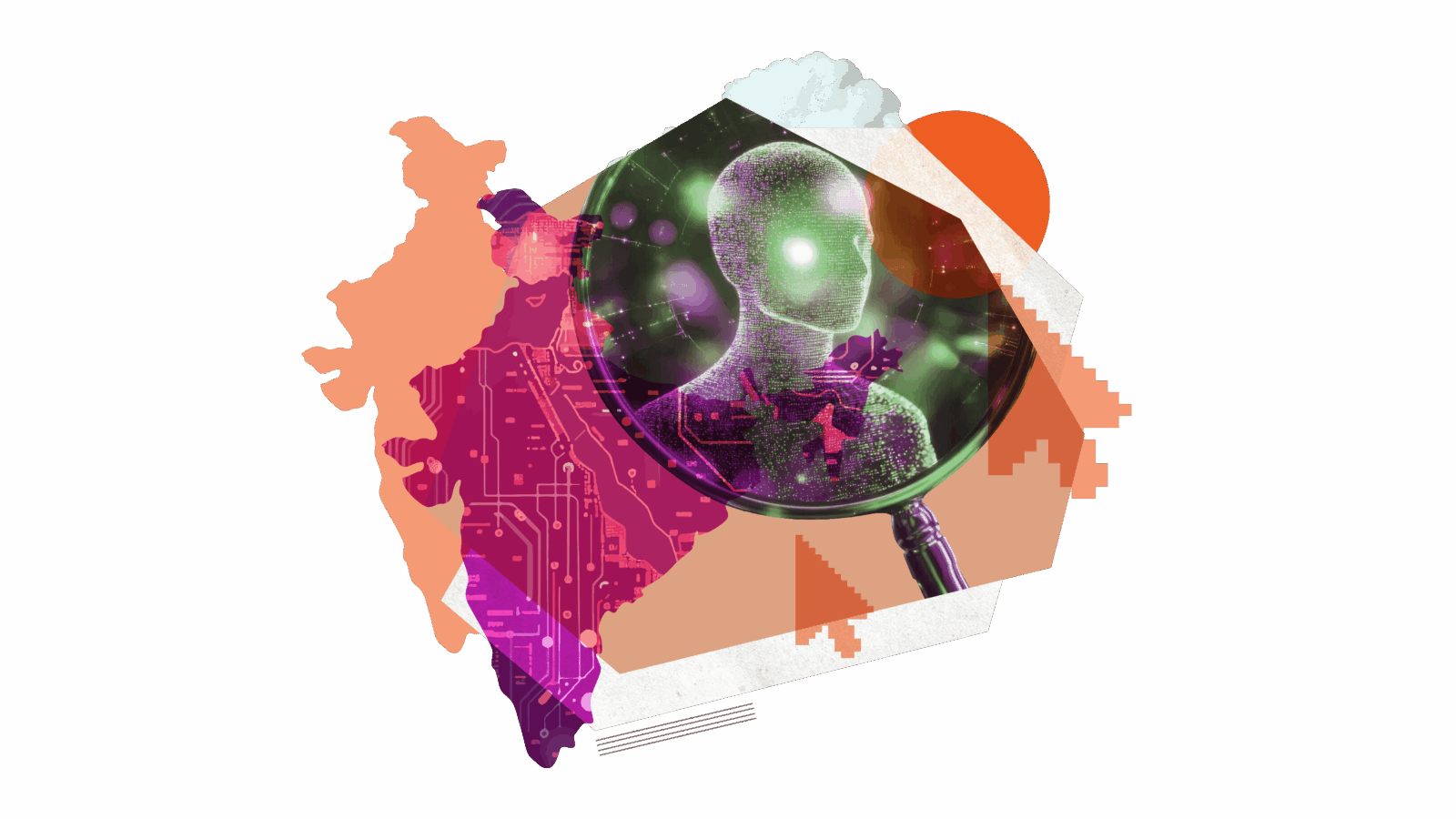Wikipedia’s Jimmy Wales on how to build a people-powered business
Jimmy Wales, co-founder of Wikipedia and Fandom, reflects on his ascent to internet legend status by building the world’s largest open source encyclopedia.
There are over 52 million Wikipedia pages, but founder Jimmy Wales has a favorite: a page about inherently funny words. It’s about words that humor theorists claim are just funny, by virtue of their very sounds. When Jimmy Wales founded Wikipedia in 2001, he had no idea how it would transform internet culture and become an exhaustive catalogue of all the world’s knowledge—all the way from pivotal figures in history to downright obscure miscellany.
Jimmy simply believed that an open-source encyclopedia should exist, and so he created it. Two decades later, he has fundamentally changed the way that people access reliable and free information on the web— and he did it all as a nonprofit. More than 5 million people donate every year to keep the operation running. Jimmy also started a for-profit sister company, Fandom, also known as Wikia, which is a knowledge base for superfans of popular culture.
We sat down with this internet legend on This Is Series A to understand how he created and scaled one of the world’s most influential websites. He shared his incisive takes on the power of a community-driven mission, what motivates community members to participate, and what today’s leaders of creator-powered technology platforms are getting wrong about content moderation.
Start with a sharply-focused mission
Jimmy’s mission was clear from day one: To build the world's largest open-source encyclopedia. “Collecting reliable, neutral, and verifiable information is paramount to our project.” says Jimmy. “That purity of mission kind of keeps the organization on the straight and narrow.”
This core principle guides all decisions Jimmy makes, most notably how to fund the operation. Even though it’s a not-for-profit, Jimmy still stresses the importance of carefully managing revenue to build a sustainable operation. Virtually all of Wikipedia’s revenue comes from small donations from community members who deeply resonate with the mission. If you’ve been on Wikipedia recently, you’ve probably seen the banner asking for donations. “The community can be very intellectually independent because the money doesn't come from any one donor who could pressure us to change content or compromise our ethos,” says Jimmy.
Wikipedia’s mission and community also protect from competitors impinging. Others could replicate the software, but none can mobilize an actively engaged and mission-driven community to make it all work at scale. Early on, advisors warned that Microsoft could start competing. Microsoft eventually did, opening up Encarta for the public to edit. “But they had no idea what they were doing,” said Jimmy. “They lacked a distinct mission, and therefore it was completely hopeless. It didn't work at all.”
Community recognition and esteem are powerful motivational drivers
Of Wikipedia’s 52 million entries, not a cent has been paid to the people who create the online content. So what motivates contributors to write? Love, says Jimmy. Pure and simple. “They're doing it because they love the topics they write about. And there's a community of people who value their knowledge deeply.”
Wikipedia offers a fundamentally different kind of acclaim than Instagram influencers. Prestige in the community is far more localized in a niche. Jimmy explains the mentality of a Wikipedia contributor like this: "Here's a community of people I want to be respected by because I love this thing. I know a lot about it and I want to share. I know nobody in the world cares except for these thirty people, but these thirty people value me so much."
Jimmy advises budget-strapped founders to think of value exchanges beyond pure money, especially for platforms that rely on user-generated content. For him, paying contributors was out of the question. “If you're going to offer a dollar for an entry in a Klingon encyclopedia, what are you going to get? You're going to get a dollar's worth of Klingon,” he says. But he’s managed to get high quality for low pay because he offers non-monetary rewards that people strongly value. “You've got to give people independence and freedom,” says Jimmy. “They've got to do it for love.”
Community first, revenue second
Many companies in Wikipedia’s cohort of early-2000s internet giants are nothing more than nostalgia now—including the likes of MSN, Yahoo, AOL, Internet Explorer. Yet Wikipedia stands apart in that it’s as relevant now as ever. Jimmy attributes the organization’s longevity to its uncompromising loyalty to its community.
In a people-powered business model, there is no resource more valuable than your community, says Jimmy. While many have urged him to monetize the platform by selling advertising or premium products, he flat out refuses. And he advises other founders to follow his lead.
“A lot of for-profit businesses need to think harder how not to piss off their own communities.” He cites the example of Digg, an early precursor to Reddit. When the company made substantial changes to the product to make it more profitable, the community was livid. The business died very quickly after that.
“Even if you do need to figure out your monetization problems, you cannot give up this crown jewel of a fantastic internet community that's really passionate about the site,” he says. “Because if you lose that, you're going to lose the whole thing."
Content moderation: think long-term viability, not short term profits
Despite having a massive user-generated content ecosystem, Wikipedia has avoided a lot of the content moderation troubles of its for-profit peers like Facebook and Twitter—whose missteps have often landed them in hot water. While Wikipedia’s mission is inherently less controversial—gathering neutral, peer-reviewed research—the organization has still done a remarkable job keeping controversy at bay.
Jimmy wishes platforms like Facebook would depriotize profits in the name of a long term brand people can admire. “Taking short-term profit from a system that people believe is unhealthy is not really the right strategy in the long run,” he says. Jimmy believes that Mark Zuckerberg isn’t purely profits-motivated, but that he’s strayed from his stated mission over the years. “The early mission he articulated for Facebook was about connecting everyone. I think that actually means something to him.”
“If I were Mark Zuckerberg, I’d say to the team, ‘Even though X, Y, and Z are incredibly profitable for us right now, we think they're bad for the long-term profitability of the business. We're going to forgo those profits in the short run until we work out how to make sure that Facebook is a beloved part of the world that people feel enhances their lives.’” Jimmy is quick to point out the positives of the platform, like keeping up with high school friends and seeing his sister’s dog pictures on Instagram. But he believes Facebook’s initial mission is getting diluted by the allure of maximizing profitability.
"At the end of the day, it's probably not good for your long-term business if people are coming to the conclusion that you're destroying Western civilization," says Jimmy.






